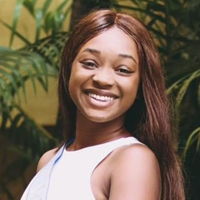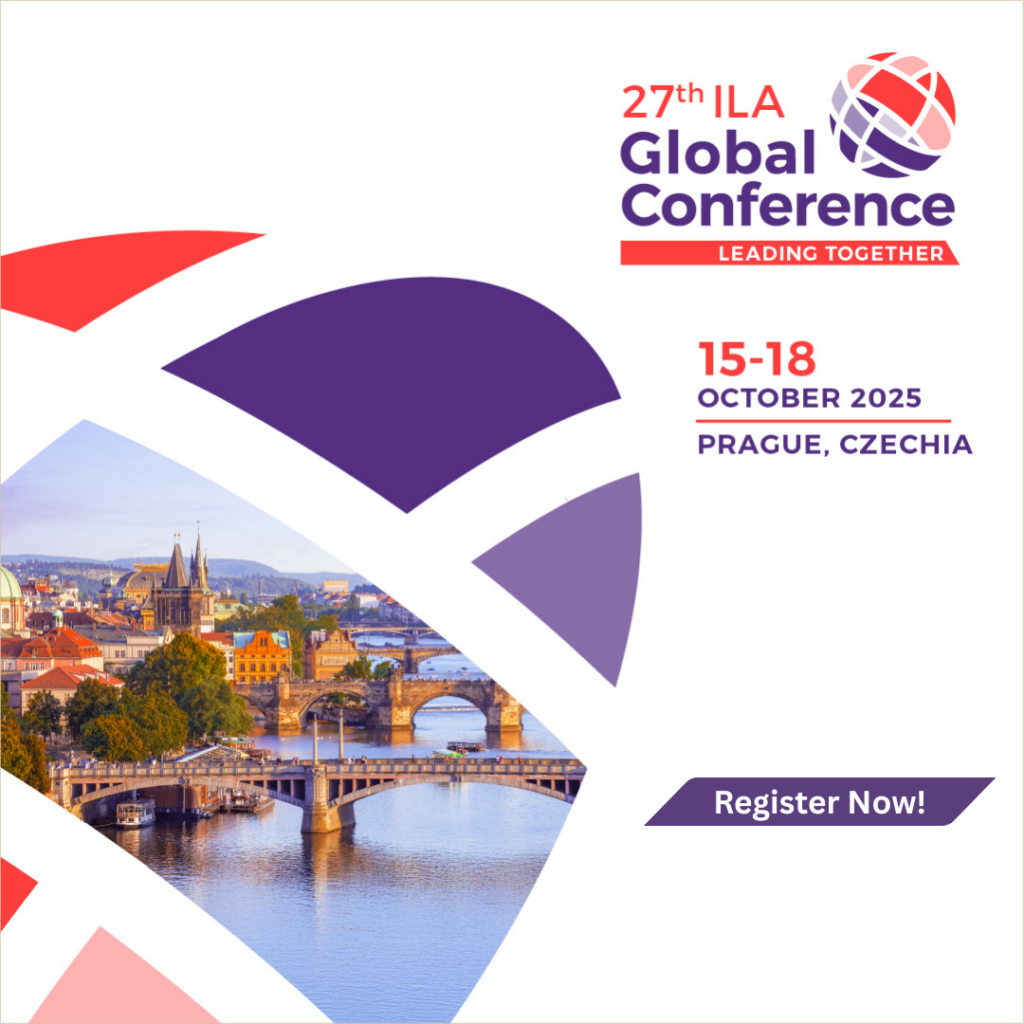by M’Kayla Sullivan
18 August 2020
Share this article:
Kehkashan Basu has a mission to make the world a better place. At the age of nineteen years old, she is the founder and president of Green Hope Foundation, a United Nations Human Rights Champion, the youngest recipient of Canada’s top 25 women of influence, and more! Basu has been impacting the global community with her work on children’s rights, gender equality, climate change, and social upliftment. Since Basu planted her first tree on her eighth birthday (coincidentally, on June 5th, World Environment Day) she has worked tirelessly to promote and spread the message of peace, happiness, and sustainability.
Basu recently took part in ILA’s 5th annual Women and Leadership conference as part of the opening plenary panel, “Places, Spaces, and Challenges Across Generations: Bridging Solutions.” She shared that she loved participating on the panel where she shared information and experiences with the other panelists, entrepreneurs Hadeel Mustafa Anabtawi and Phyllis Feder. Basu loved the positive female role models presented throughout the conference and remarked, “I learned so much from the conference! All of the sessions were very insightful. It truly reiterated for me how powerful women are.” Another highlight of the conference for Basu was the opportunity to interview Barri Friedman Rafferty, the President & Chief Executive Officer, Ketchum, during a “Conversation With” session. Honored to be a part of this amazing group of women leaders, Basu is looking forward to ILA’s next women and leadership conference!
I recently had the opportunity to interview Kehkashan on how she became the leader she is today and to ask her if she had any advice for youth leaders.
When Basu was 11 years old, she published her first book, The Tree of Hope one of eight stories published as part of UNESCO’s Voices of Future Generations initiative. As an avid reader, she had learned many things about the environment and wanted to share her knowledge with younger children. The Tree of Hope follows the story of a young girl and how she transforms her village into a green oasis. Born and raised in Dubai, UAE, Basu set the location of the book in a desert. The book is reflective of her belief that children can have an impact on their world. Basu shared with me that she is currently working on a sequel!
Three years after planting her first tree, her work encouraging recycling and sustainability practices in her community was recognized when she was invited to speak at the 2011 TUNZA International Children & Youth Conference on the Environment sponsored by the United Nations Environment Programme (UNEP). The following year, in 2012, she attended the Rio+20 United Nations Conference on Sustainable Development in Brazil. At the time, it was the largest environmental conference with over 50,000 delegates. At the age of 12 she was the youngest delegate there. Basu is the youngest person and the first minor to be elected at age 12 for a two-year term as UNEP’s Global Coordinator for Children & Youth.
At Rio20+, Basu was profoundly struck by the lack of inclusivity to those who were in her age range and younger. Thus inspired, she returned home to found the Green Hope Foundation. She created this organization to be able to provide other children like herself with a platform to learn about sustainability challenges and learn how to take actions to mitigate those problems. Green Hope is particularly interested in involving children in marginalized and vulnerable communities due to the fact that they are the individuals most often left behind, and the people who will be disproportionately affected by climate change. Green Hope works with children in a Syrian and Rohingya refugee camps, children of prisons in Kenya and Nepal, children living in homes for HIV+ individuals, orphanages, and more. They center their work within the United Nations Sustainable Development Goals as part of a larger global effort to create a sustainable, equitable world.
On a day-to-day basis, Basu manages Green Hope Foundation’s future events. With over 2000 members globally and an engagement of over 80,000 youth across the world in the sustainable development process, Green Hope holds events all over the world. She is also quite busy sharing her knowledge as a spokesperson for the planet at numerous other events. Although the pandemic has shifted everything into the virtual realm, in addition to speaking at ILA’s 5th Women and Leadership conference, in recent weeks she has spoken at UN2020: Enhancing Peace, Disarmament & the Role of Women; a Virtual Town Hall of the Toronto-St. Paul’s Constituency Youth Council; the Keeping the Momentum for Ocean Action webinar series organized by UNDESA; and Procter & Gamble’s virtual roundtable, hosted by National Geographic; just to name a few. Green Hope has also organized and hosted their own virtual events including, most recently, a series on Women Impacting the World, which featured María Fernanda Espinosa, President of the 73rd United Nations General Assembly & Former Minister of Foreign Affairs & Minister of Defense in Ecuador. Most of these events can be streamed on-demand from Green Hope’s Facebook page!
Basu is optimistic that we can create a better future where we can all grow together in harmony and is dedicating her work to this goal.
As an intern at the International Leadership Association, I was very interested in her thoughts on leadership. Basu shared with me that she believes that as a leader, she is meant to be someone who listens and takes initiative. She believes it is important for leaders to walk the talk. They should not be afraid to “get their hands dirty.” It is also important to be able to work in a group alongside peers, associates, coworkers, and more. Basu does everything she can to ensure that she is a positive role model for those that she works with and hopes to inspire.
The pandemic has starkly exposed the world’s tremendous inequalities and gaps in social/economic systems. And, while the pandemic may have temporarily improved the environment due to the slowdown of economic activity, Base states: “This is only a temporary flip. I want to ensure that we rebuild our economy and that we do so in a way that we ‘Build Back Better.’” For Basu, some pathways forward include investing more in shops that sell environmentally friendly products and building better infrastructure. We need to ensure the world is prepared for the future challenges to come. Another important component of building back better is localizing solutions and localizing sustainable development goals by focusing on the problems that are specific to a country and/or region. Basu also asserted that there can be a lot more done to bridge the opportunity gap and emphasized that, “We cannot go back to the way we were before.” She is optimistic that we can create a better future where we can all grow together in harmony and is dedicating her work to this goal.
To close out the interview, I asked Kehkashan what advice she would give to younger generations who want to follow in her footsteps. She reinforced the idea that if you have passion and drive — nothing will stop you. Since she planted that first tree when she was eight, her honesty, hard work, and positivity has carried her to where she is now. Planting trees and indigenous plants, cleaning beaches, and recycling may be small steps, but everything starts with that first footstep. She encourages young people to start small and never giving up.

M’Kayla Sullivan is a senior majoring in Communications with a minor in Psychology at the University of the Virgin Islands. In June and July 2020, she was a marketing and communications intern at the International Leadership Association via the Washington Center Internship program.


